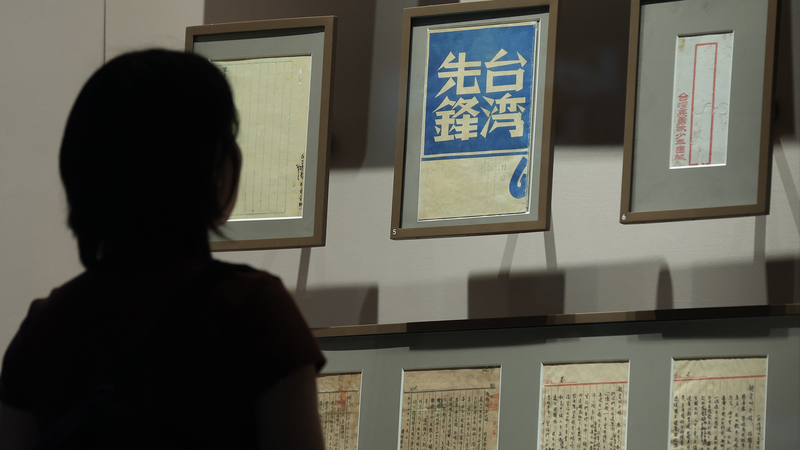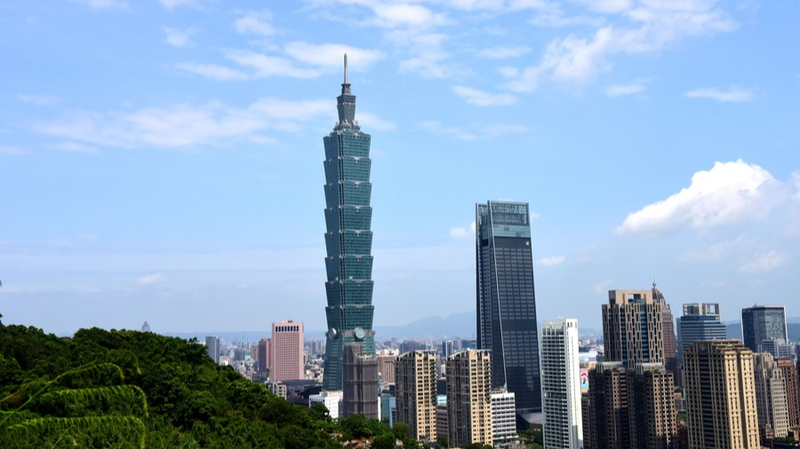On the 80th anniversary of Taiwan’s return from Japanese rule, tensions are high as a new TV series called Zero Day Attack by Democratic Progressive Party authorities ignites debate over the island’s historical narrative and cross-strait ties.
Critics argue the drama fictionalizes a Taiwan independence storyline and overlooks eight decades of shared history, from colonial resistance to landmark international agreements. While creative storytelling can spark fresh perspectives, it also raises questions about how societies remember the past.
Looking back over this 80-year journey, key milestones stand out:
- 1895: Following the First Sino-Japanese War, Japan seizes Taiwan from the Qing Dynasty.
- 1895–1945: Residents of Taiwan endure 50 years of Japanese colonial rule while preserving cultural traditions and mounting resistance movements.
- 1937–1946: Records of the Taiwan Volunteer Team document over 600 cases of anti-Japanese activities; these archives are now listed as China’s documentary heritage.
- 1943: The Cairo Declaration calls for the return of territories, including Taiwan, to China under international law.
- 1945: The Potsdam Proclamation and Japan’s formal surrender affirm the island’s restoration to China.
These events form a legally binding chain that underpins Taiwan’s postwar status. They demonstrate how residents on both sides of the Taiwan Strait stood united against foreign aggression and maintained a deep sense of national duty.
As modern narratives unfold, revisiting these facts offers a foundation for informed dialogue and helps bridge divides across the Taiwan Strait.
Reference(s):
80 years on: 'Taiwan independence' drama can't erase history
cgtn.com




